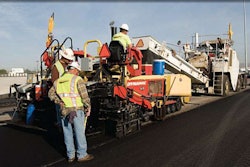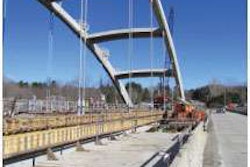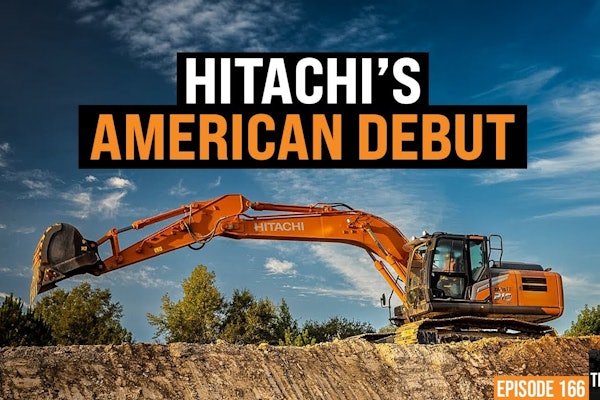SeaBees and Lemonade

Perhaps it’s the difference between a clumsy retreat and an ordered withdrawal. The difference between a hurried, disordered lowering of intensity and an organized, purposeful regrouping.
If we must do more with less, and we must, at least we can do it the American way. And agencies all over the country are doing that. We have been used to having the tools and the funds we need to create and maintain a superb transportation infrastructure. Now we do not have enough of either.
The trick then is to approach the new problem with the old attitude.
If it wasn’t too corny, I’d say we need to build “Lemonade Roads.” Budget cupboards are almost bare, and we are being delivered only lemons. Anyway, that’s far too overworked so I won’t go there.
Making do with less, having to approach work that we know in the recent past would be far below our standard, a second or third choice, is not an easy mental, emotional or managerial exercise. It can be far too easy to see it as “make work” or stopgap work, something to tide us over until we can get back to the real work. But consider the war-zone work of the U.S. Navy’s Construction Battalions, the legendary SeaBees (CBs). Given the funds that could be scraped up for them, they squeezed every single drop (there’s the lemon again and I said I wouldn’t go there) out of them. What you didn’t see in their road, bridge and airfield building was a shoulder-shrugging concession to second-rateness. There was no suggestion that with better tools and more funds a proper job could be done, so we’ll just turn out something good enough for now.
Agencies and managers in charge of our bridges and roads are doing an extraordinary job of attacking the problem of dwindling funds, of having to do more with less. Like the SeaBees, they do work that is essential. It must be done and how it is done has severe short- and long-term consequences. I’m not a military historian, but I suspect that, when you fall back from a strong position, there is a danger that a sense of moving from offensive to defensive mindset can be a dangerous thing. Defeatism is a risk. What’s keeping this fallback as an aggressive approach to what has to be done now is the approach of the people doing it. Agency folk say we’re actually doing exactly what we did before; the very best work we can do for our highways and bridges under the circumstances. And when the circumstances get better, we’ll keep doing that.









